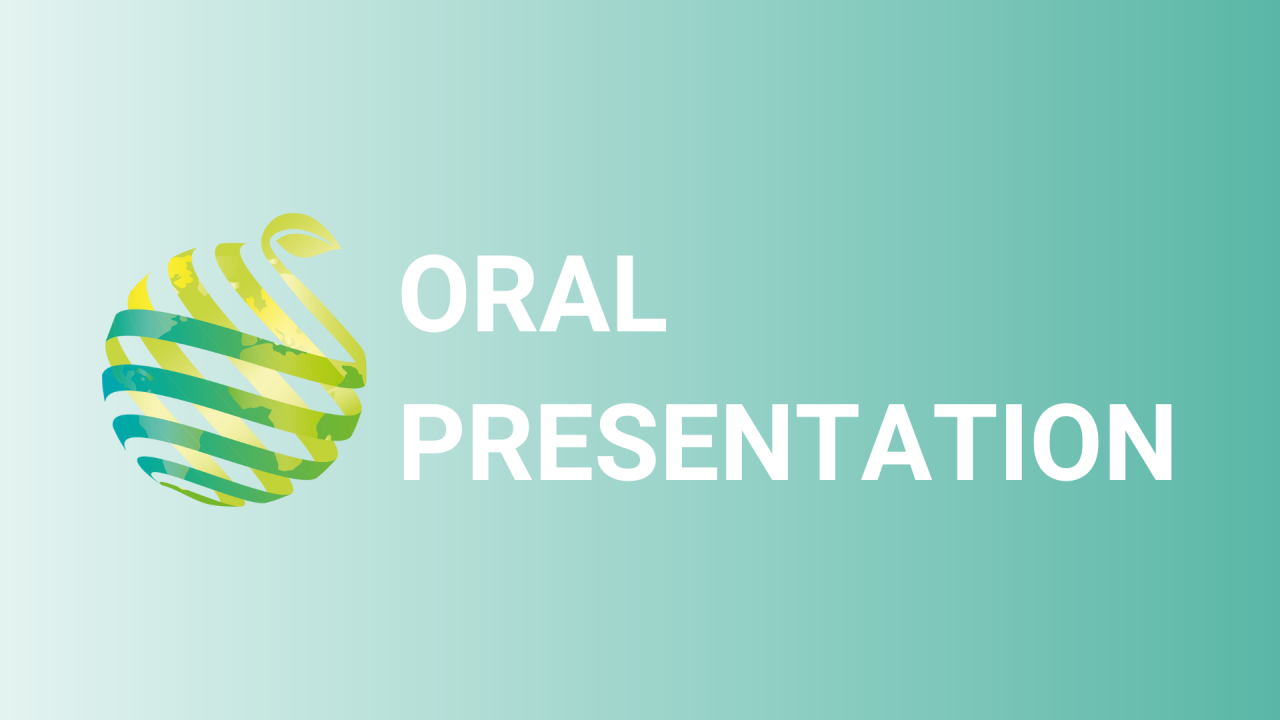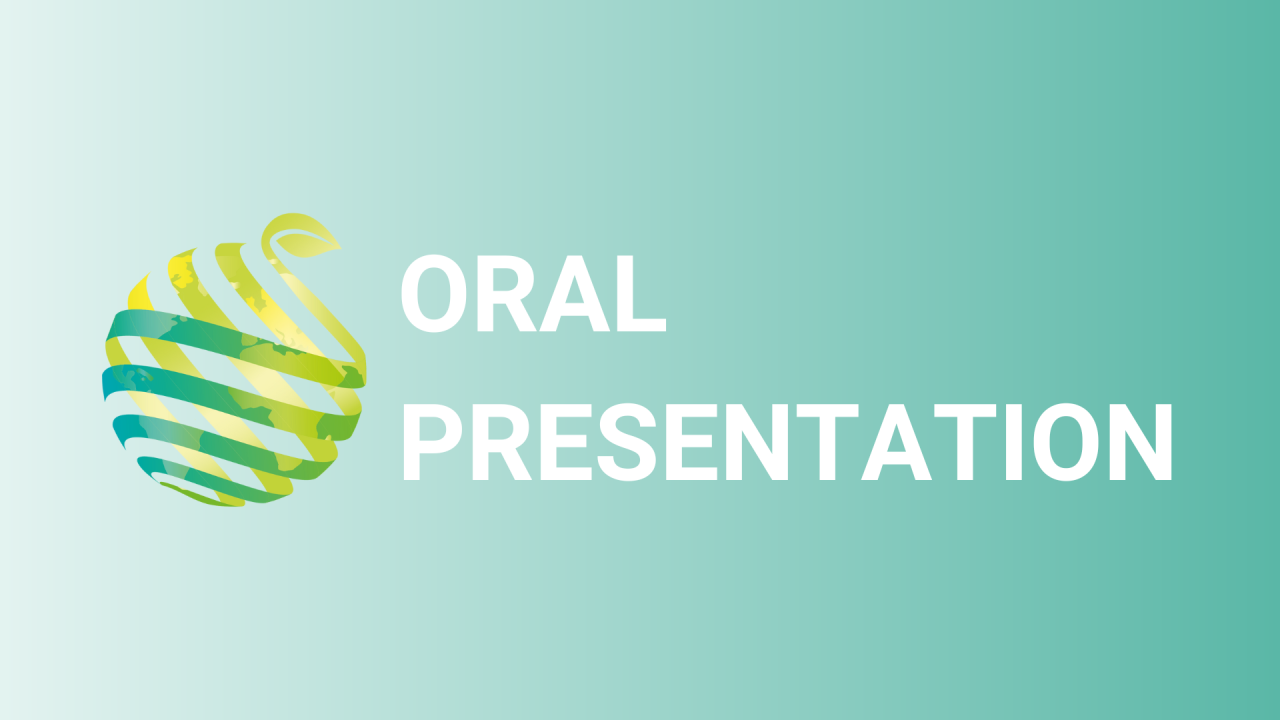

S08 - Session O4 - Potential of tomato commercial production in plant factories with artificial lighting in different countries
Information
Authors: Yunfei Zhuang *, Wenshuo Xu, Xiaowei Ren, Masao Kikuchi, Michiko Takagaki, Na Lu
Plant factory with artificial lighting (PFAL), an advanced crop production system with high productivity and high resource use efficiency, is commonly designed with multi-layers vertically for productions of leafy- and fruit-vegetables near or inside cities. PFAL is a possible promising tool for increasing future tomato production regardless of location or climate constraints. Subject to its structural characteristics and controllable environment, the traits of tomatoes required for cultivation in PFALs are different from greenhouses. The mini tomatoes are varieties with great potential for producing in PFALs due to their controllable plant height, small leaf size (easy for high plant density), beautiful fruit sets, and high market prices. Whether it is feasible to produce tomatoes commercially in a PFAL depends on the economic applicability of this cultivation method in different countries. The productivity, market price, and production cost of tomatoes should be considered to evaluate its potential. In this study, a comparative analysis of the productivity, environmental conditions and energy consumption was conducted between PFAL and other cultivation facilities (e.g. glass greenhouses and plastic greenhouses). A cost-benefit evaluation method was used to analyze the profitability and economic return rate of tomato production in different countries and sensitivity tests were carried out to measure the uncertainty of different factors on economic benefits. The results show that the advantages of tomato production in PFALs are highly controllable intensive and clean production with stable output throughout the year. The market competitiveness of tomatoes produced in PFALs depends on the local market and the level of input. We conclude that the return rates of tomato production in different countries are mainly affected by the initial investment, market price, and fruit quality of tomatoes.